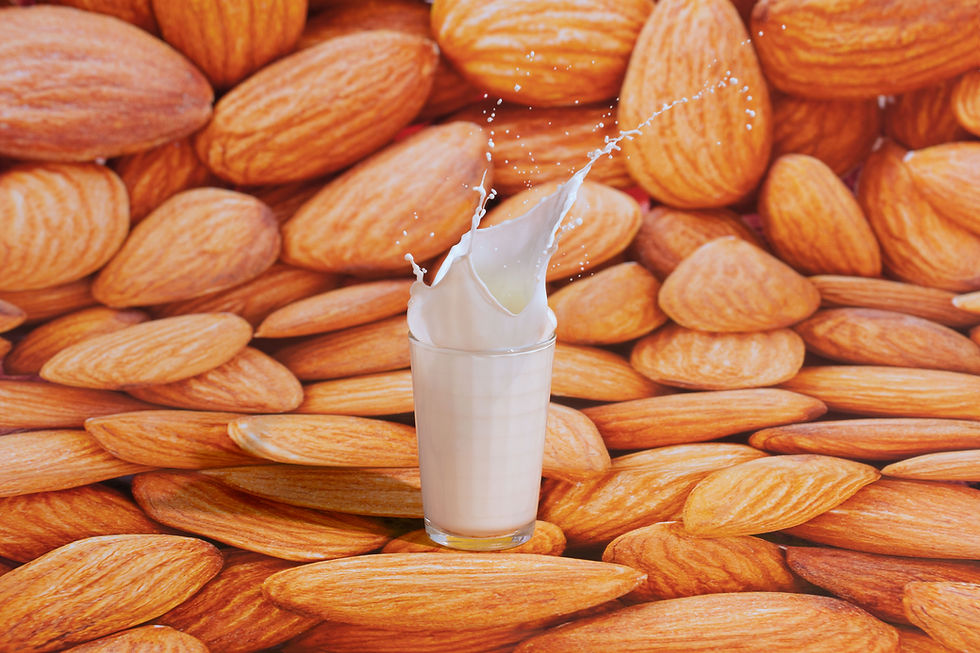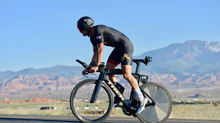Recover With Real Food
- Jason Lentzke
- Jun 3, 2023
- 2 min read
I recently came across an older (2001) article written by Paul Roberts that explores the evolution of a former US national cycling team exercise physiologist, Ed Burke. After years of promoting and helping to develop supplements that aid recovery, Burke has revolutionized sports nutrition with a radical diet for his athletes—real food.

Eating before and during extended exercise has long been conventional wisdom. What about after? Recovery, we have come to understand, is when your muscles and cardiovascular system evolve, compensating for the demands of a training session. Burke was actually among the first to package and popularize the need for fuel after a workout-specifically during the 30- to 60-minute "glycogen window" when muscles are most greedy for infusions of energy from food. This is the time when nutrients can replenish the fuel you've burned up, repair the microtears in your muscle tissue and flush out the stress hormones that break down muscle protein during exercise.
Further, Burke helped develop the Endurox R4 recovery supplement that restores fluids, replenishes fuel, reduces muscle stress, and rebuilds muscle protein with one convenient scoop of powde. However, Burke has pivoted toward a more pragmatic approach--eat real food.
Burke explains that a proper recovery diet boils down to something quite simple: Don't miss the glycogen window after a workout, follow the 65-20-15 carbs-fat-protein balance, eat a wide variety of whole foods, and taper from high-GI foods after exercise to low-GI foods later in the day. That's right, you can eat real food.
Any and everything you find in the overly marketed supplement aisle of your grocery store, you can also find along the perimeter of your grocery store--ie, within real food.
Supplements are just that. They are something that should be used to "supplement" the diet, not replace it, nor should it be the main focus. One general lesson that can be learned from sport, is that there are no quick fixes. Success demands effort. Supplements are convenient for the time-starved athlete, but they are not necessary.
Interested in reading more on Jason's views on nutrition? Read more here.



























